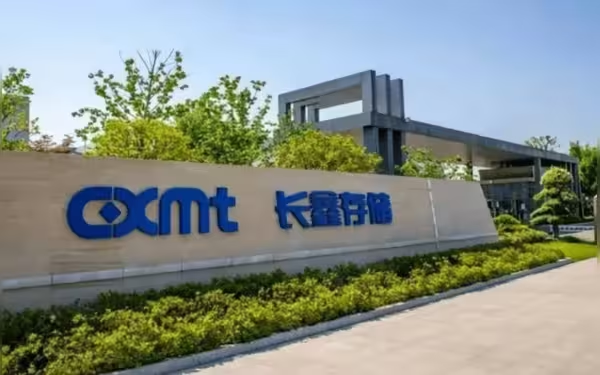Tuesday, July 2, 2024 04:34 PM
US Escalates Restrictions on Chinese Chip Technologies
- US targets CXMT in restricting China's access to advanced chip technologies
- BIS chief collaborating with allies to include more Chinese chip manufacturing facilities
- Focus on limiting advancement of HBM chips by Chinese factories
 Image Credits: asiatimes
Image Credits: asiatimesThe United States intensifies efforts to restrict China's access to advanced chip technologies, targeting CXMT and focusing on limiting HBM chip advancement. The landscape of semiconductor capabilities in global competition is evolving, emphasizing fair competition and innovation.
In recent developments, the United States has escalated its actions to restrict China's access to crucial chip technologies essential for producing cutting-edge gate-all-around (GAA) transistors and high-bandwidth memory (HBM) chips. This move is primarily targeting ChangXin Memory Technologies Inc (CXMT) based in Hefei, a key player in the production of DRAM for computer servers and smart vehicles, facing tough competition from industry giants like Samsung Electronics, SK hynix, and Micron.
The US Commerce Department's Bureau of Industry and Security (BIS) chief, Alan Estevez, has been actively collaborating with allies to potentially include 11 additional Chinese chip manufacturing facilities on a restricted list. Estevez's recent discussions during visits to the Netherlands and Japan have centered on imposing stricter controls on shipments to China-bound Tokyo Electron Ltd and ASML, respectively. The main focus of these talks is to limit the advancement and export of HBM chips by Chinese factories, particularly for applications in artificial intelligence (AI) accelerators.
Recent reports have shed light on the early-stage efforts of CXMT and Wuhan Xinxin Semiconductor Manufacturing Co (XMC), a subsidiary of Yangtze Memory Technologies Co (YMTC), in the production of HBM chips. These companies are in the process of acquiring necessary tools from South Korea and Japan to support their manufacturing operations.
The intensification of efforts by the United States to restrict China's access to advanced chip technologies reflects the growing importance of semiconductor capabilities in global technological competition. As the landscape continues to evolve, it is crucial for companies and countries to navigate these challenges while ensuring fair competition and innovation in the semiconductor industry.













